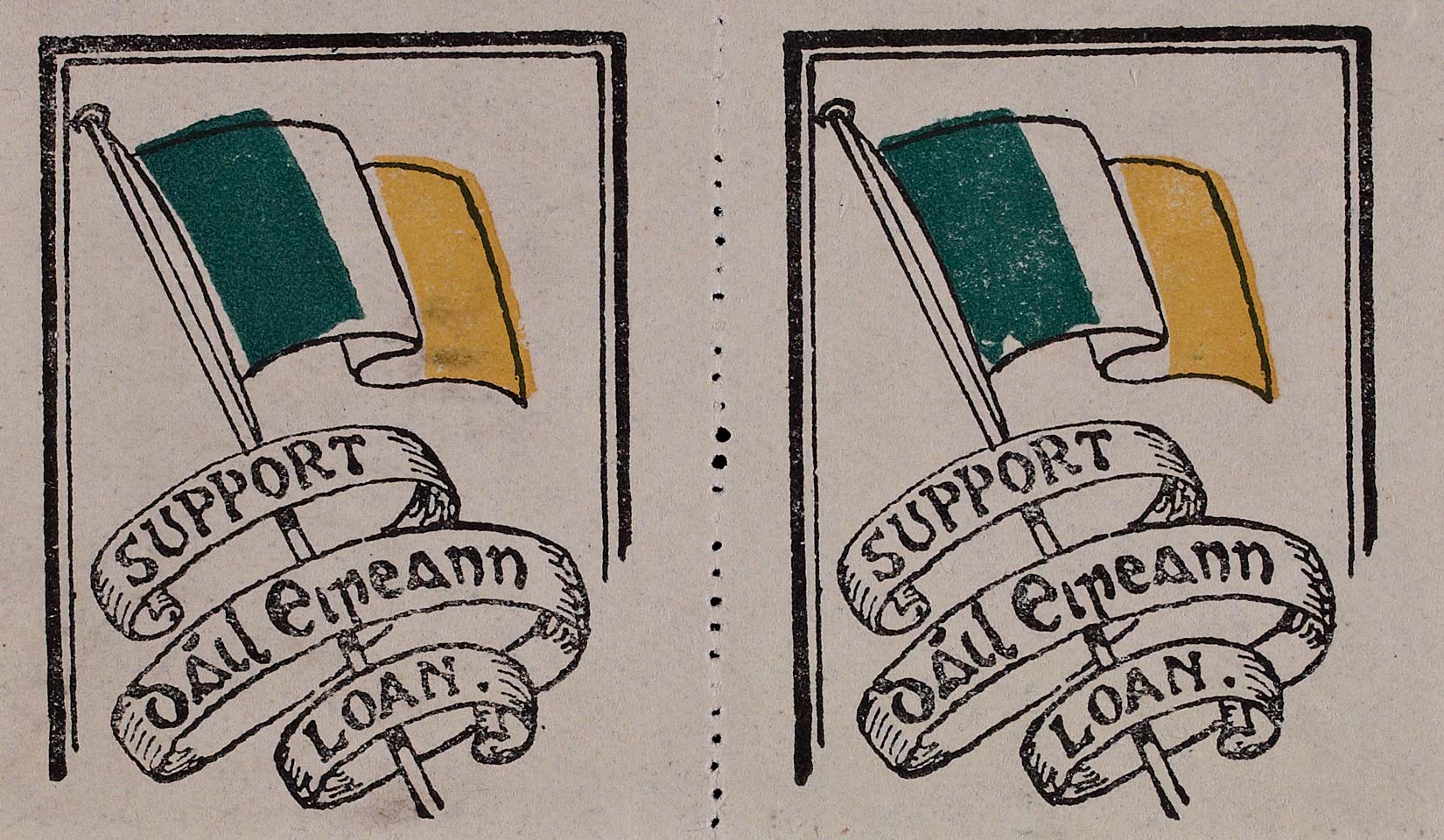Times of London warns against suppression of the Irish press
Dublin, 24 September 1919 - The Times newspaper in London has published a criticism of the British government’s policy towards Irish newspapers in response to the recent actions of the military and police in shutting down titles deemed to have broken the law.
‘A right of interference would be sustainable if the Press were used as an instrument of crime – but not otherwise’, the Times has argued. ‘We do not regard the advocacy of any political opinion as included in this definition, and we consider that the Press has an indefensible right to report faithfully the happenings of all events whether welcome to the Executive or not.’
In recent days, the Dublin Leader and the Midland Tribune have been suppressed, and essential machinery was removed from the offices of the Munster News, a tri-weekly nationalist paper, after a government raid. Soldiers and police, acting under the Defence of the Realm Act, also entered the offices of the Limerick Leader on the grounds that they published a prospectus for the Sinn Féin loan.
In excess of 35 Irish newspapers have now been subject to such suppression.
The Dáil Éireann Loan prospectus that appeared in many of the nationalist newspapers. Click image to enlarge. (Image: National Library of Ireland, EPH F243)
The offices of the Examiner group of newspapers were raided and closed down on 17 September for the offence, its editor George Crosbie says, of publishing an advertisement which had already been printed in abbreviated form throughout the English-speaking world. The Examiner newspapers, which include the Cork Examiner, the Evening Echo, the Weekly Examiner and the Weekly Herald, have since resumed publication.
The Irish Independent took a cautious approach when asked to publish the Dáil loan prospectus. Before accepting the business, it wrote to the Chief Secretary’s Office to ascertain the government’s views on the matter. The response from Dublin Castle was unambiguous: the Lord Lieutenant advised that publication of the prospectus would be ‘illegal’ and would carry consequences.
The Irish News has pointed out that in acting as it has, the government was not just attacking newspapers, it was damaging printing and publishing firms who produced newspapers and periodicals without any regard as to the policy advocated by each particular sheet.
What was the Defence of the Realm Act? Dr William Murphy explains
The powers possessed by the Irish administration in relation to press offences are, as the Times has pointed out, considerable. The Defence of the Realm regulations afford them wide powers and in matters of censorship, the Times commends the administration for acting, since 1916, with ‘tact, knowledge and a reasonableness which won from the Irish press a readier acceptance of superintendence than might have been expected’.
That, however, has changed.
‘Now it has become apparent that the Irish Government intend to enforce, at their own discretion and in drastic measure, the great statutory powers which they possess. These powers are so wide, so indefinite, and potentially so subversive of the principle for which we contend, that we think it right that their exercise should be closely scrutinised, and also that the public should be informed of the policy which now governs the Irish executive in their relations with the Irish press.’
In warning of the temptation towards autocratic control, the Times has issued a reminder that the Irish government is responsible, not only for the maintenance of law and order but for the maintenance of British justice and British liberty – ‘principles not to be lightly disregarded’.
‘Our anxiety in this matter is not lessened by the fact that there have been of late several instances of action by the Irish Executive which even those who sympathise most intelligently with the extreme difficulty of their task have found it hard to reconcile with the belief that they pursued an ordered and statesmanlike policy.’
[Editor's note: This is an article from Century Ireland, a fortnightly online newspaper, written from the perspective of a journalist 100 years ago, based on news reports of the time.]






















